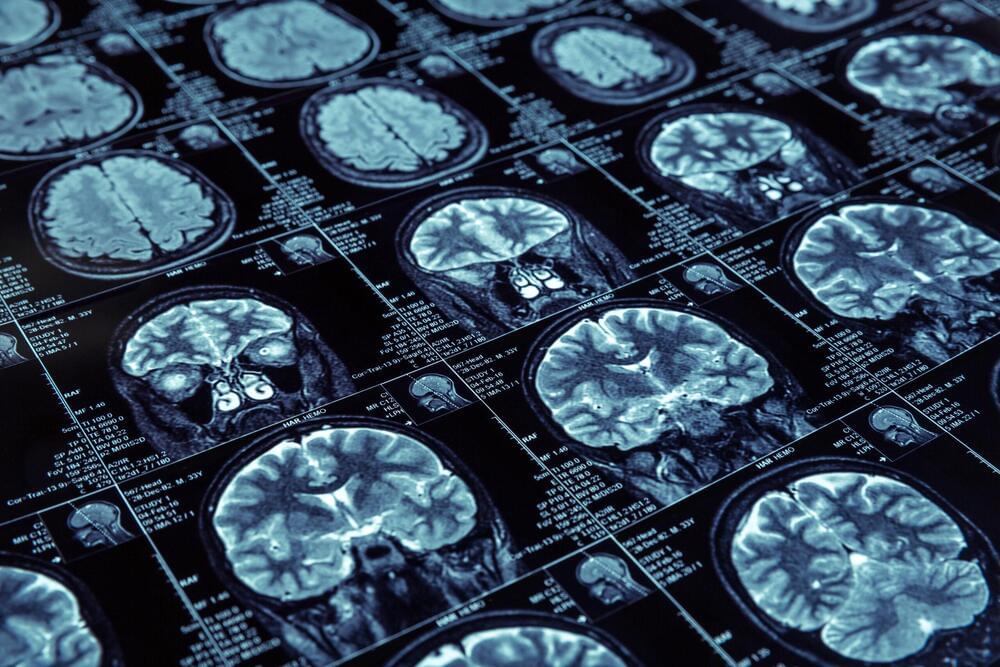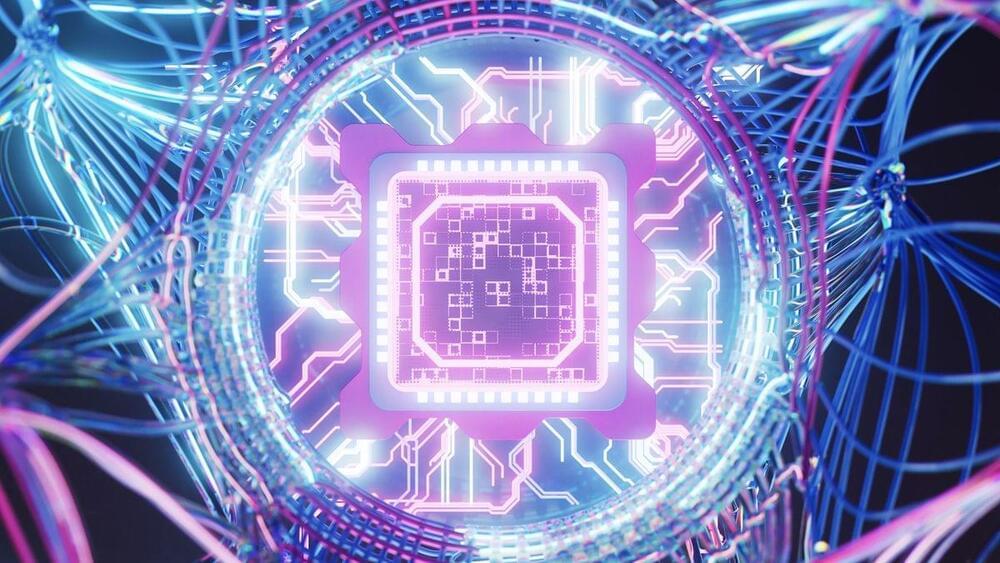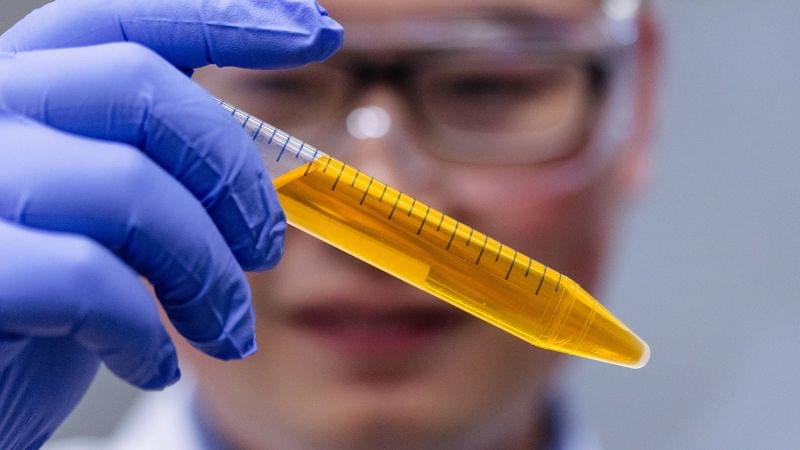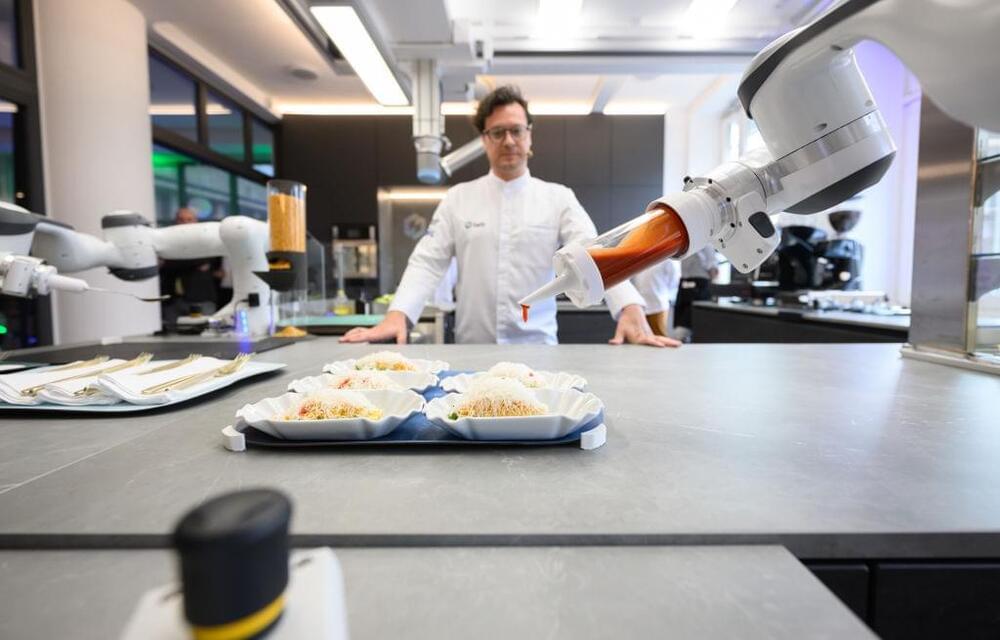Sep 6, 2024
Why can’t humans regenerate body parts? We’ve got the genes
Posted by Paul Battista in categories: biotech/medical, life extension
Some of our closest invertebrate cousins, like this Acorn worm, have the ability to perfectly regenerate any part of their body that’s cut off — including the head and nervous system. Humans have most of the same genes, so scientists are trying to work out whether human regeneration is possible, too.
Regeneration – now that’d be a nice superpower to have. Injure an arm? Chop it off and wait for it to grow back. Dicky knee? Ingrown toenail? Lop off your leg and get two for one!
It sounds ridiculous, but there’s a growing number of scientists that believe body part regeneration is not only possible, but achievable in humans. After all, not only are there plenty of animals that can do it, we can do it ourselves for our skin, nails, and bits of other organs.


















